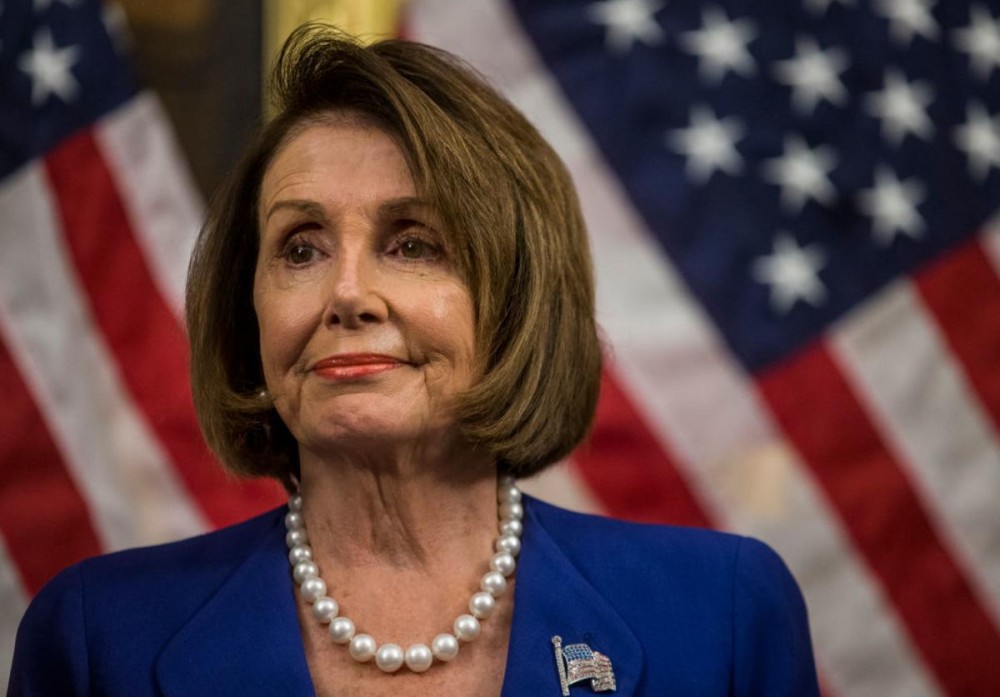United States history has been made amid one its darkest crises in recent memory, the coronavirus pandemic. The House Of Representative has ficially passed the Coronavirus Aid, Relief, and Economic Security Act, complete with the appropriate acronym CARE. The stimulus package, which consists $2 trillion dollars, has now moved to the White House to be signed by President Donald Trump.

Brendan Hfman/Getty s
Naturally, coming to a conclusion took hours debate, as is ten the case when politicians are forced to gather. Yet they did manage in the end, coming up with a solution designed to provide $1,200 to every American citizen, with hundreds billions dollars reserved for businesses both small and large. Apparently, $50 billion has been designated to assist the struggling passenger airline market, which has taken a major hit since the coronavirus rendered recreational travel all but impossible. $367 billion has been designated for small businesses with an employee count fewer than 500.
CNN reports that the package’s creation was nearly stymied by the Republican representative, Kentucky’s Thomas Massie, whose insistence in calling an in-person vote had to be thwarted by House leadership — but not before several fellow representatives were forced to travel to Washington to mobilize against his effort. The move led to a scornful tweet from Donald Trump, who called for Massie’s removal the Republican party.
In any case, the historic package is all set to be made ficial. The economic effects the stimulus package have yet to become evident, though it should go a long way in providing some much needed financial stability to an economy on the verge an unexpected collapse.
